
How service influences veterans’ lives and careers at Community Transit
Four Community Transit employees share their experiences as veterans.
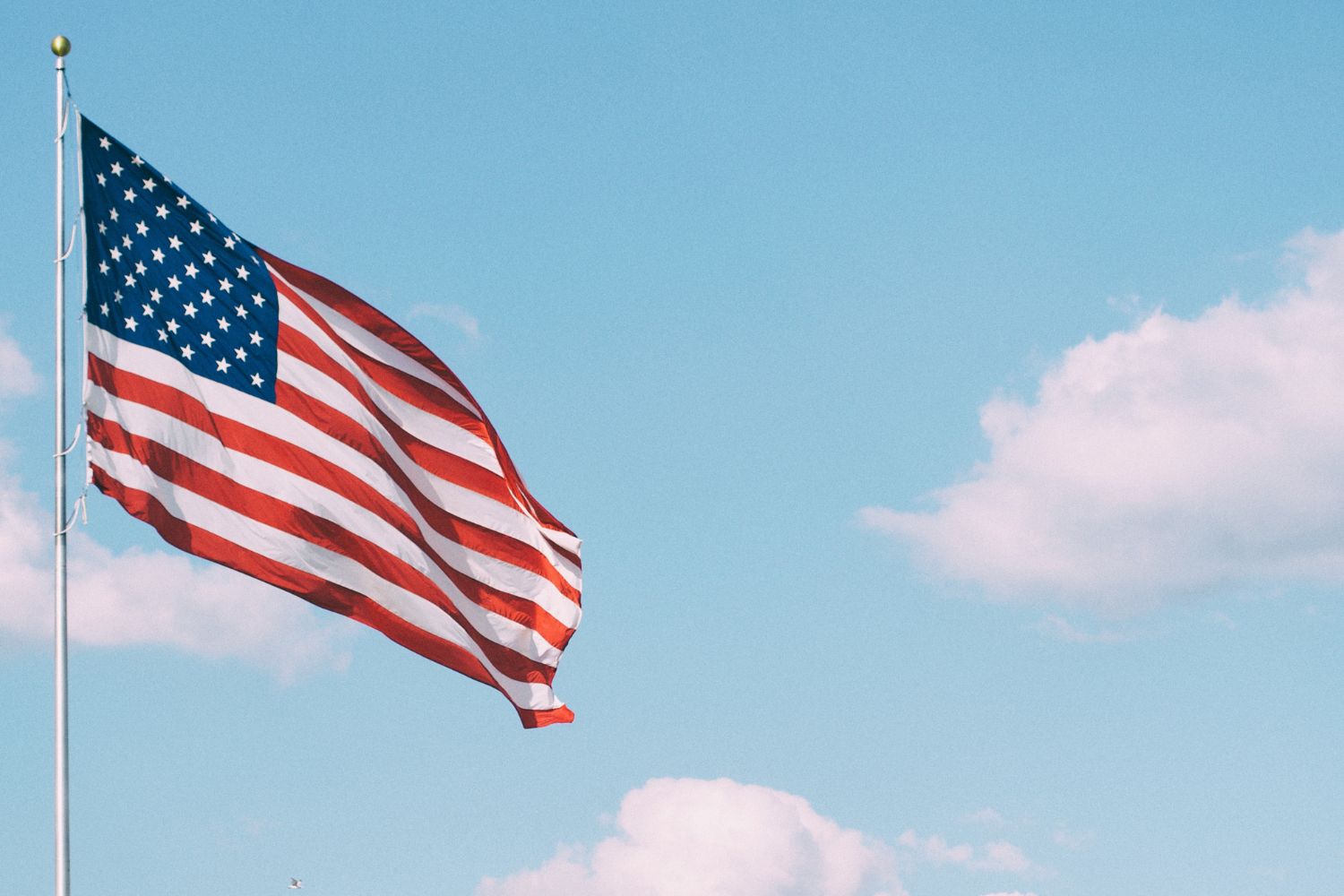
This Saturday, we celebrate Veterans Day, our nation’s federal holiday when we honor military veterans of the United States Armed Forces.
“This Veterans Day, we pay tribute and express our gratitude to those who have selflessly dedicated themselves through service to our country,” said Community Transit CEO Ric Ilgenfritz. “We are grateful for all that they do.”
At Community Transit, 7% of our employees are veterans, a higher percentage than the general population (6% of the adult population).
And that’s no fluke, says Cesar Portillo, director of employee engagement.
“We are very proud of the outreach we have made to our veterans.”
In honor of Veterans Day, we asked some veteran employees about their experiences and life after serving in the military.
A path to service
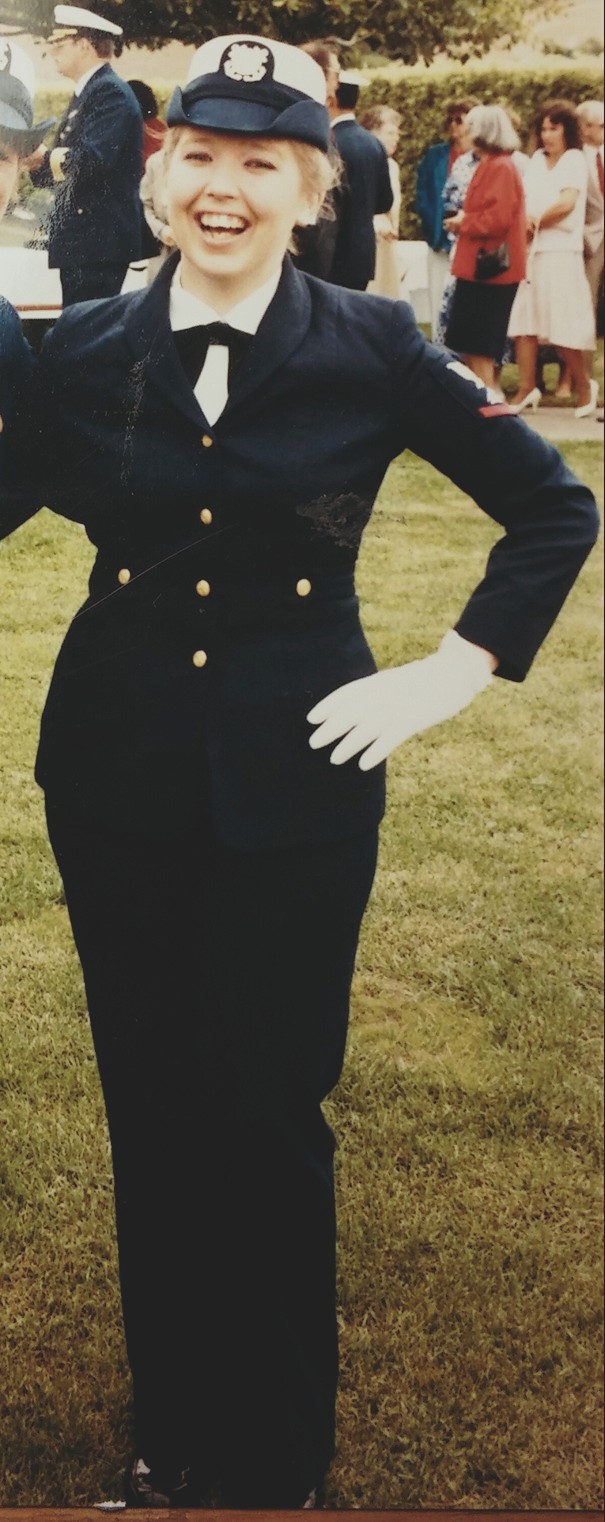
Sara Leekley, coach operator instructor lead, says that her experience in the Coast Guard set her on a path of service.
“I grew up around boats and water and was familiar with the service-based work the Coast Guard provided. When I joined the Coast Guard, it was the only armed service with two primary missions that weren’t defense-related: Search and rescue and drug interdiction. Helping others has always been important to me, so the Coast Guard was a good fit. I liked the mission of helping people.”
She served as a radioman for five years and was often the first contact for vessels at sea that needed help.
“While we honor veterans for serving their country, I am very aware of all the ways the civilians can also serve their country: Vote, serve on jury duty or volunteer for things that benefit your community.”
Leekley says that veterans looking for service-oriented careers may find the work that Community Transit does fulfilling.
“There is a lot of structure, and there are lots of rules in the military,” says Leekley. “Being a bus driver is similar. If you like structure, working independently, and being held to a high standard, then Community Transit may be a great fit for you.”
And there is room to grow, she says.
“I felt adrift after leaving the Coast Guard. I bounced from job to job because I kept hitting a wall where there was no opportunity to grow and no path to promotion. Today, nearly everyone in my department started as a coach operator. Many former bus drivers now work in planning, vanpool, and other leadership positions. That’s why I’m still here. I have always had the opportunity to advance and I keep learning.”
Expanding perspectives
Adam Kotschi, an IT transit application administrator at Community Transit, says he is thankful for the direction and perspective his experience in the Navy gave him.
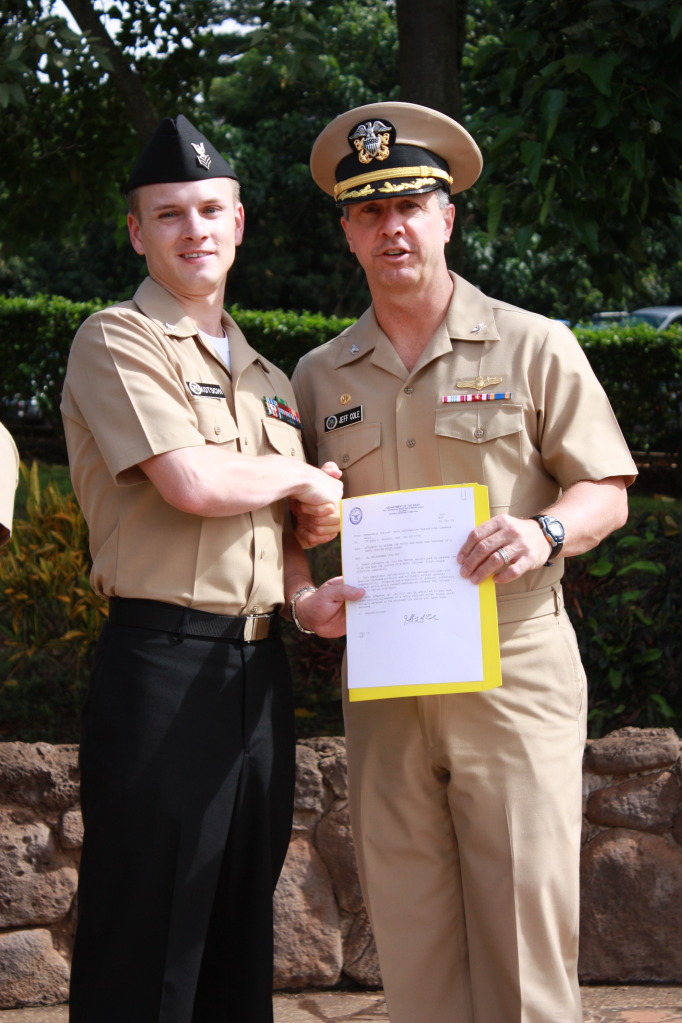
“I joined the Navy right out of high school. At the time, I didn’t know what I wanted to do.”
Kotschi served from 2003 to 2015.
“I only left because I was tired of moving. I spent time in Iceland, Illinois, all over California, Afghanistan, Oahu, and Whidbey Island was my final station.
Kotschi says his favorite part of his service was all of the people he met.
“The military is a melting pot. You meet people from all over the country, all over the world,” he says. “I am from Northern Wisconsin, and growing up, I didn’t get to experience that kind of diversity in my own community. In the military, you’re exposed to different cultures, languages, people with different values and work styles.”
Kotschi says his experience taught him that, while we all have our differences, you can always find common ground if you take the time.
“When I was stationed in Afghanistan, one of my roles was contracting with locals to have them come on station and build things,” he says. “I was there, working with people who may completely disagree with why we were there. But it taught me that we have a lot in common when it comes to what matters most. We all cared about our families and loved ones, about our work. We all wanted to provide safety and security for our loved ones.”
“At Community Transit, I really appreciate seeing the work our Diversity, Equity, and Inclusion Division has done,” he says. “We’re a diverse workforce, but it’s mission-driven work, and the divisions and departments work well together.”
Kotschi, whose education is in environmentalism, says he is especially grateful that sustainability is one focus of Community Transit’s work.
“I feel good working for an organization that has a Zero Emission program and provides sustainable travel options.”
He also recommends that young people who aren’t sure what they want to do for a career consider military service.
“My experience not only gave me direction, but offered opportunities I wouldn’t have had otherwise. I was able to get my degrees through Veterans Affairs loans. It can provide so many opportunities.”
Benefits for veterans
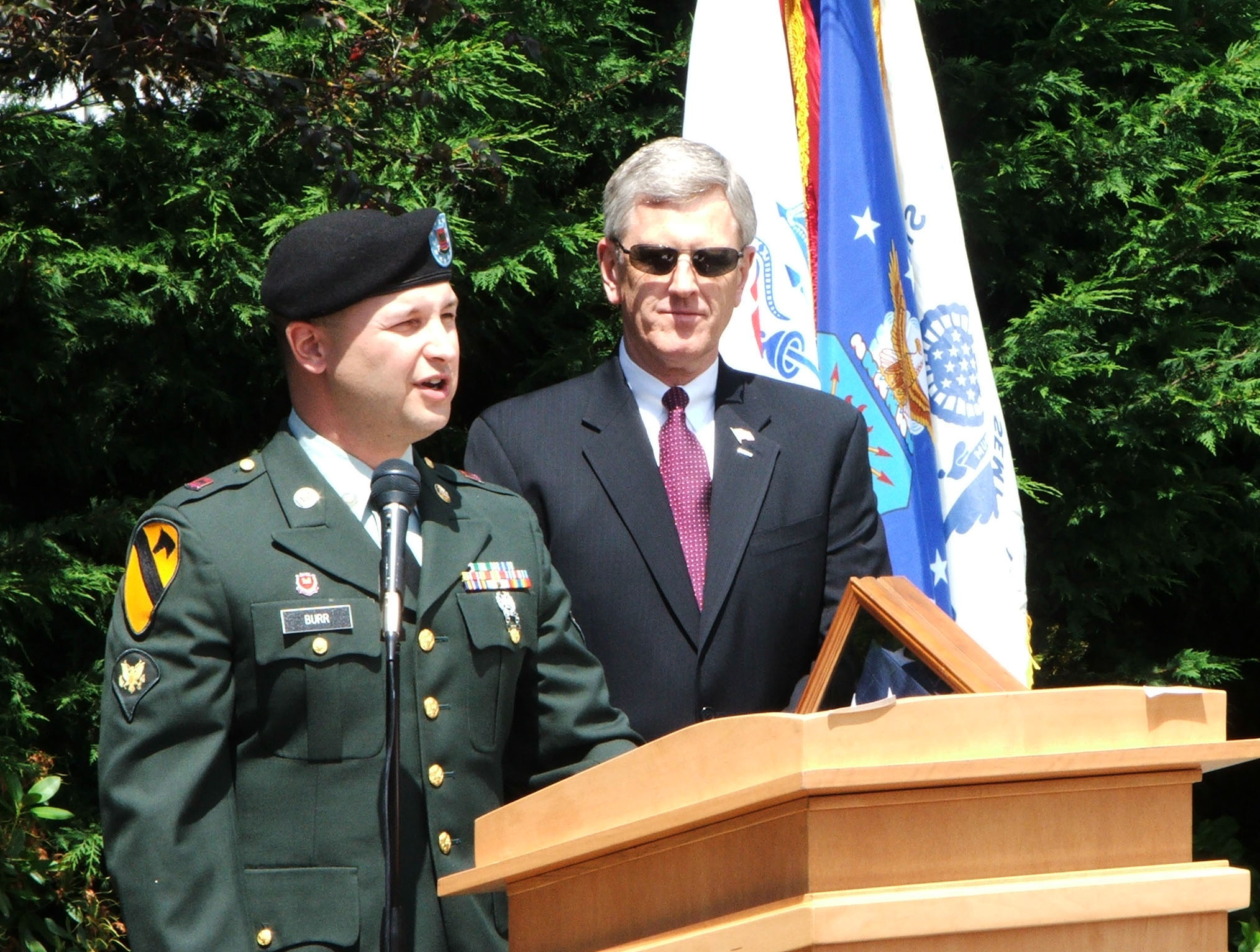
Don Burr, senior director of safety, security, and sustainability, began his military service later in life.
“I was 31 and working at Community Transit when I joined the Washington State National Guard. I liked the mission of the National Guard — that it provided support to the state during emergencies like floods and fires.”
“I joined in 2000, and we all remember what happened in 2001, 9/11. That changed a lot of what the National Guard did,” he says.
Burr was deployed in support of Operation Iraqi Freedom from Nov. 2003 to May 2005. His 18-month deployment Included time in Baghdad and Kuwait.
Burr was an operation supervisor at Community Transit when he was deployed. His experience helped shape Community Transit’s Military Leave of Absence policy, which provides up to 21 days of paid leave for employees called to active duty in the U.S. Armed Forces.
“I am grateful that we have benefits that are supportive of veterans,” says Burr. “In the military, you’re taught to take care of the person next to you and you have to trust that they will do the same for you. That lesson translates to a lot of the work I do today at Community Transit.”
A time of reflection
Dan Jerome, senior capital project Manager at Community Transit, served as a machinery repairman in the U.S. Navy from 1971 to 1975.
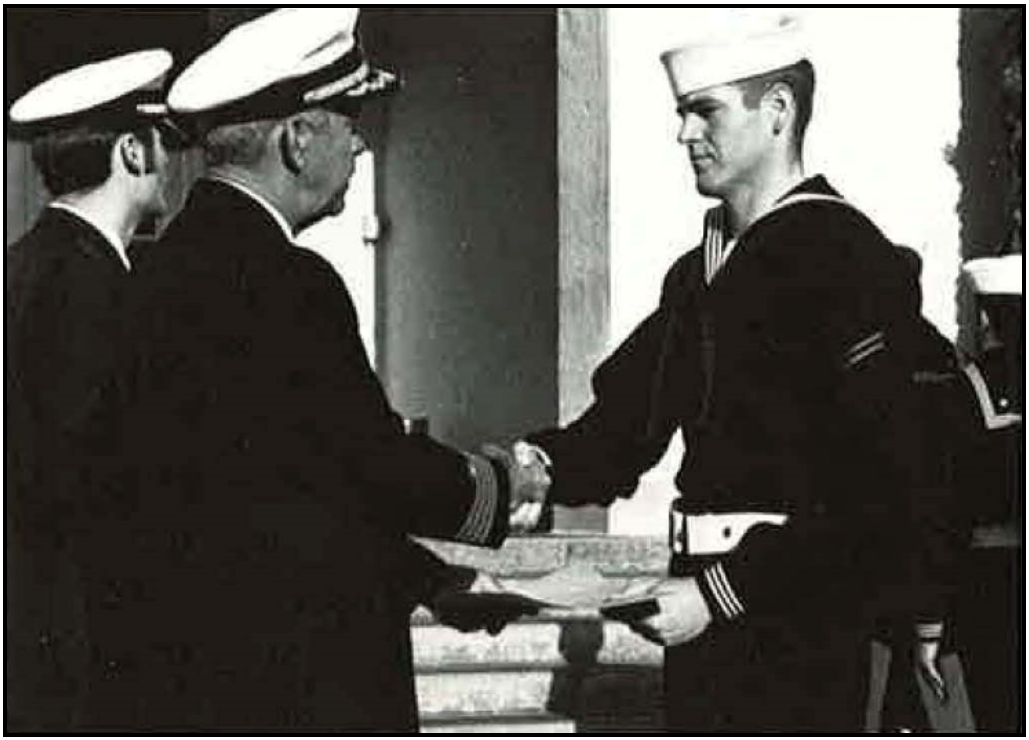
“I was raised by a family of World War II veterans,” he says, sharing how discipline and attention to detail were values he was taught from a young age.
“Discipline and details still influence the work I perform today as a manager of architects, engineers, and contractors,” he says.
Jerome spent much of his time traveling on a ship in the South China Sea.
“My work as a veteran opened my eyes to the vast expanse of the world, yet the common concerns of mankind everywhere. Those who work, play, live and eat in Taiwan are much the same as people here in Everett,” he says.
“Veteran’s Day is a time to reflect on the values I learned and why I live my life to help teach a joy for work and the importance of peace to those within my sphere of influence.”
Community Transit has programs, events, and benefits to help veteran candidates and employees, including additional paid time off for active-duty employees. We’re hiring for many roles — including bus drivers, mechanics, and administrative staff. Want to learn more? Veterans are encouraged to explore career opportunities on our careers page at communitytransit.org/jobs.
Photo captions
Top right image: Sara Leekley is pictured at a Change of Command ceremony in Point Reyes Station, CA (at Communications Area Master Station, Pacific [CAMSPAC]) in spring of 1986.
Second image: Adam Kotschi is shown in uniform in an undated photo from his time serving in the Navy.
Third image: Don Burr (left) speaks at a previous Community Transit Flag Day ceremony.
Fourth image: Dan Jerome (right) is shown in his Navy uniform being given a Service Award given after bootcamp in 1971.
CORRECTION: In the original post published on Nov. 9, it was incorrectly stated that 25% of our employees are veterans due to a data classification error. The correct figure is 7%. We apologize for any confusion our error may have caused.

